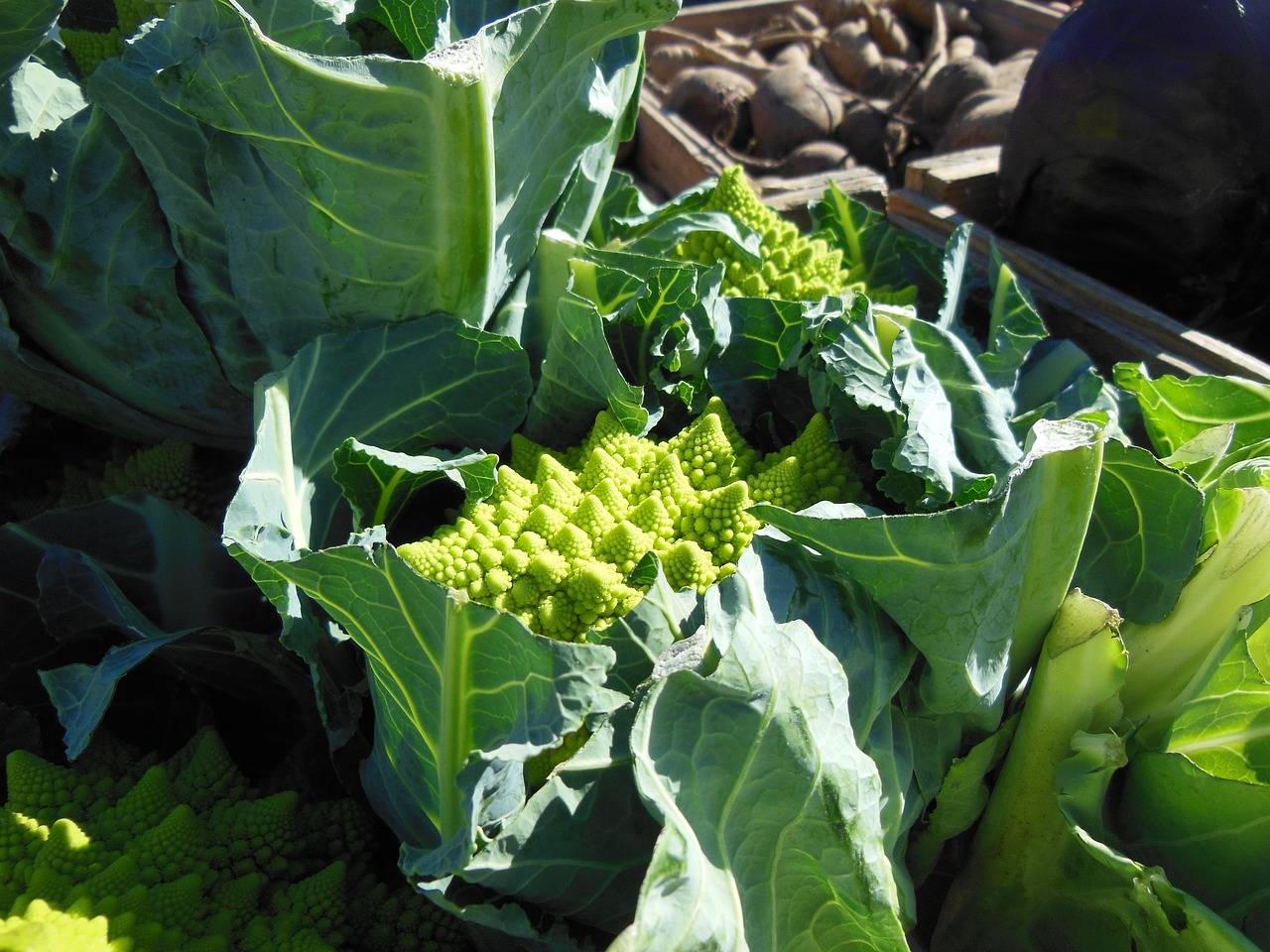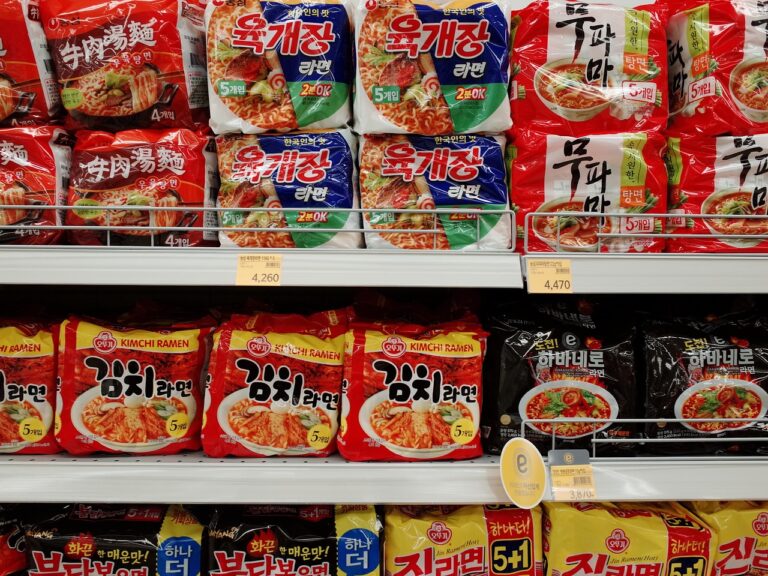Sustainable Packaging Solutions: Biodegradable Alternatives to Plastic
Traditional plastic packaging continues to pose significant environmental challenges due to its non-biodegradable nature. The disposal of plastic packaging leads to persistent pollution in landfills, oceans, and water bodies, creating a pressing issue for ecosystems across the globe. As plastic does not easily decompose, it lingers in the environment for hundreds of years, contributing to the growing problem of plastic waste accumulation.
Moreover, the production of traditional plastic packaging is heavily reliant on fossil fuels, further exacerbating carbon emissions and climate change. The processes involved in creating plastic packaging release greenhouse gases into the atmosphere, accelerating the environmental crisis. This unsustainable method of production not only harms the environment but also perpetuates our dependence on finite resources, highlighting the urgent need for more sustainable packaging solutions.
Benefits of Biodegradable Packaging
Biodegradable packaging offers a sustainable alternative to traditional plastic materials. These eco-friendly options are designed to naturally break down over time, reducing the amount of waste that ends up in landfills and oceans. By choosing biodegradable packaging, companies can lower their environmental impact and contribute to a healthier planet for future generations.
Moreover, biodegradable packaging can help enhance a brand’s reputation among environmentally conscious consumers. By demonstrating a commitment to sustainability, companies can attract a growing segment of the market that prioritizes eco-friendly products. Additionally, biodegradable packaging can often be customized to meet specific needs, providing businesses with an opportunity to align their packaging choices with their brand values.
What are some challenges with traditional plastic packaging?
Some challenges with traditional plastic packaging include its non-biodegradability, contribution to environmental pollution, and long decomposition times.
What are the benefits of biodegradable packaging?
Biodegradable packaging offers benefits such as reduced environmental impact, faster decomposition rates, and the ability to be composted.
How does biodegradable packaging help reduce environmental pollution?
Biodegradable packaging breaks down into natural materials, reducing the amount of plastic waste that ends up in oceans and landfills.
Can biodegradable packaging be recycled?
Some biodegradable packaging can be recycled, depending on the specific materials used. It is important to check with local recycling facilities for proper disposal guidelines.
Are there any cost considerations when switching to biodegradable packaging?
Initially, biodegradable packaging may have a slightly higher cost compared to traditional plastic packaging. However, the long-term environmental benefits often outweigh the upfront cost.





